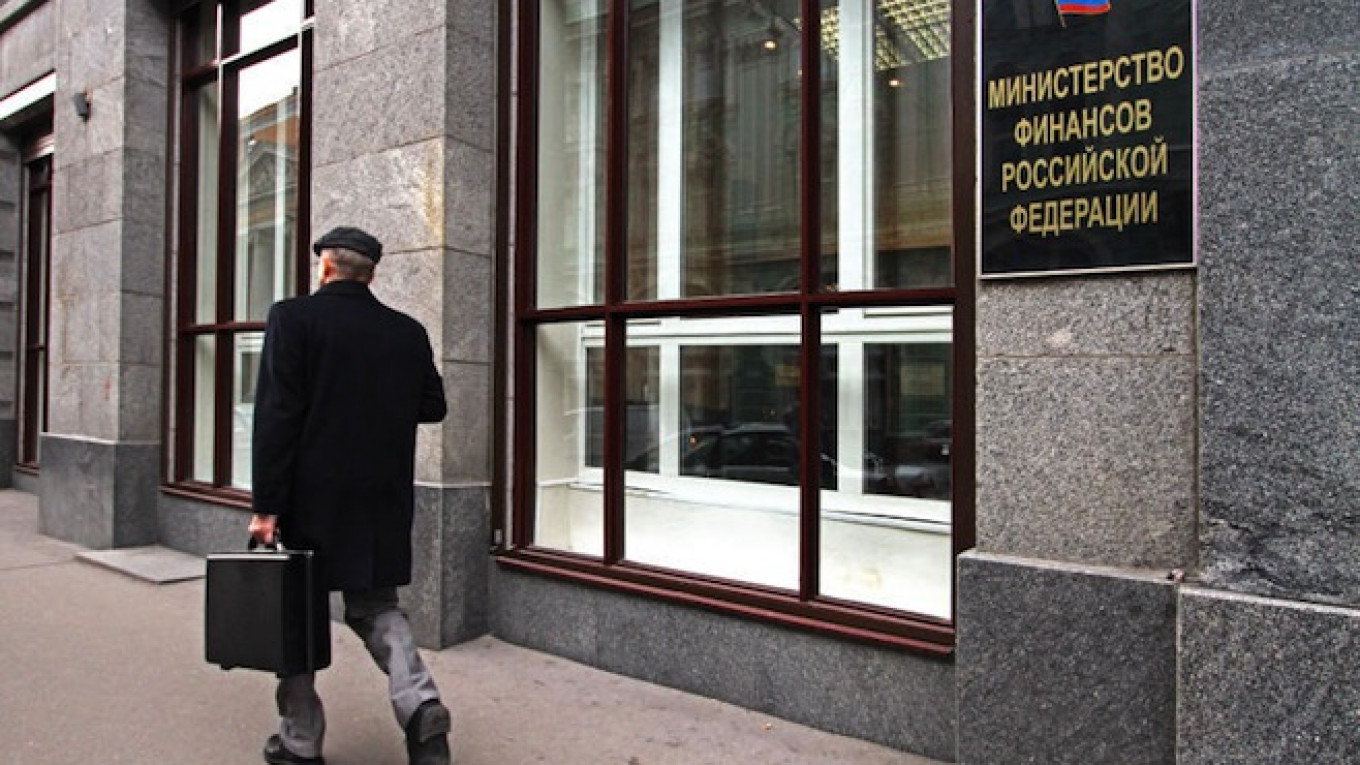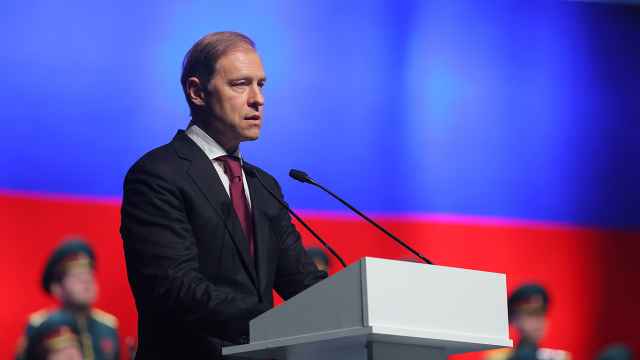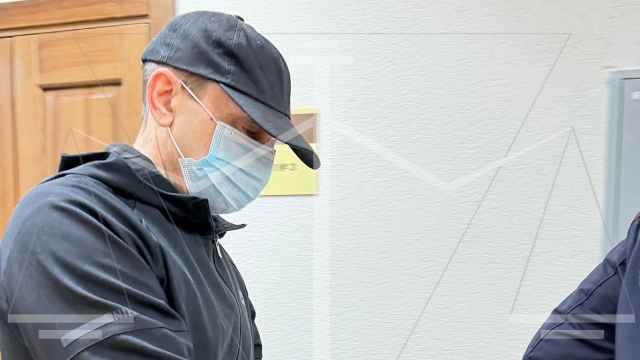A plan to allow regional governments to introduce a 3 percent sales tax to combat their soaring debt-funded budget deficits could be axed due to resistance inside the government, despite it having President Vladimir Putin's seal of approval, Vedomosti reported Wednesday.
The Finance, Economic Development and Trade and Industry Ministries are all actively lobbying against the plan, the paper said, citing unidentified federal government officials.
Opponents of the sales tax — which would be optional for regional authorities — warn that it could push up Russia's already high inflation and hamper economic growth. Proponents see it as essential to help local governments overburdened by social obligations, including those foisted upon them by Putin's 2012 decrees to increase the pay of doctors and school teachers. As regional budget deficits grow, authorities are increasingly relying on borrowing.
The Finance Ministry estimates revenue from the sales tax at 200 billion rubles ($5.5 billion).
Earlier this month, President Vladimir Putin approved the tax plan. Legislation is due to be submitted to the State Duma in two weeks, meaning that government officials have limited time to persuade the president that his offer was a bad idea, Vedomosti said.
The tax could add 2 percent to inflation — which is already outpacing Central Bank targets at 7.5 percent — according to research by Sberbank, cited by Vedomosti. This would add to the upward pressure generated by food import bans slapped by Moscow on Western countries in response to sanctions, and could force the Central Bank to raise interest rates.
Against the tax was former deputy Economic Development Minister Sergei Belyakov, who was dismissed from his post earlier this month for criticizing on Facebook another government ploy to prop up budget revenues amid an economic slowdown — the decision to funnel about $15 billion of private pension fund contributions to the state coffers in 2015.
See also:
Cash-Strapped Russian Budget Plans Raid on Central Bank Profits
A Message from The Moscow Times:
Dear readers,
We are facing unprecedented challenges. Russia's Prosecutor General's Office has designated The Moscow Times as an "undesirable" organization, criminalizing our work and putting our staff at risk of prosecution. This follows our earlier unjust labeling as a "foreign agent."
These actions are direct attempts to silence independent journalism in Russia. The authorities claim our work "discredits the decisions of the Russian leadership." We see things differently: we strive to provide accurate, unbiased reporting on Russia.
We, the journalists of The Moscow Times, refuse to be silenced. But to continue our work, we need your help.
Your support, no matter how small, makes a world of difference. If you can, please support us monthly starting from just $2. It's quick to set up, and every contribution makes a significant impact.
By supporting The Moscow Times, you're defending open, independent journalism in the face of repression. Thank you for standing with us.
Remind me later.






